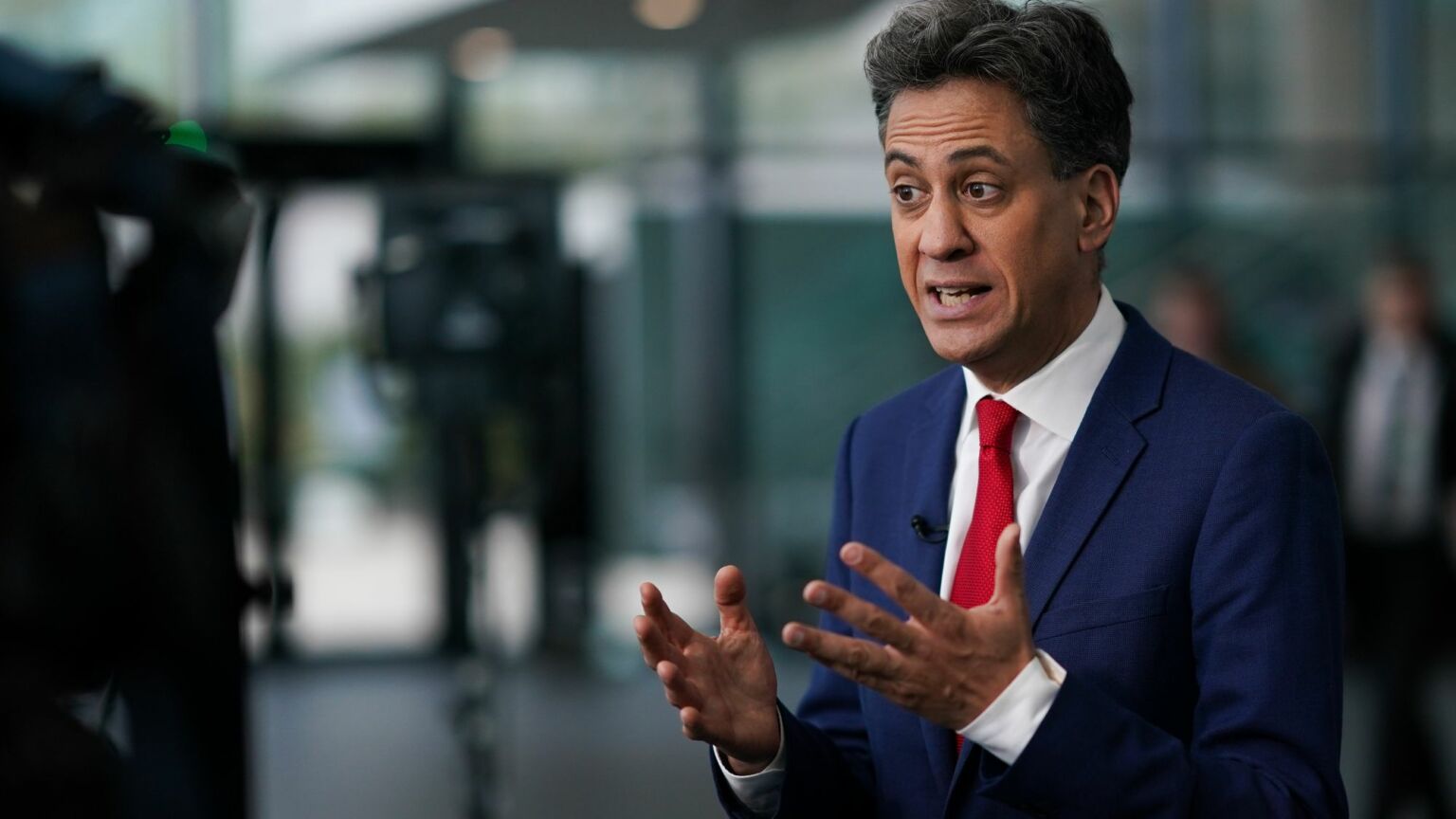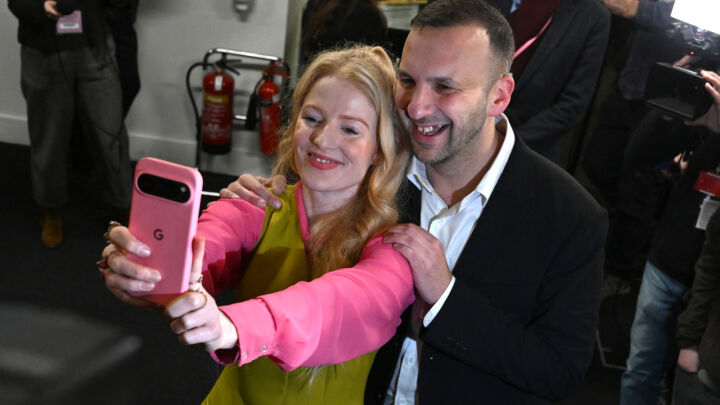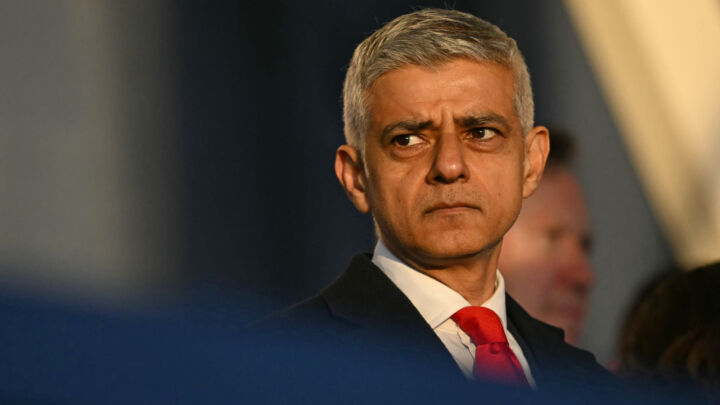Are you ready for Net Zero rationing?
A renewables-powered grid will force the UK into self-imposed blackouts.

Want unlimited, ad-free access? Become a spiked supporter.
‘Can Britons be persuaded to switch off their electricity when the wind doesn’t blow?’ That was the question asked last week by the Financial Times’s ‘clean energy correspondent’, Rachel Millard. The idea being that, as the Labour government continues to push the UK towards decarbonisation by 2030, households and businesses will have to change their habits and reduce their energy usage to prevent overwhelming the grid when renewables cannot cope with demand.
The industry term for this is ‘demand side’ response. It involves nudging households and organisations to spread their use of power across the day, so avoiding those spells when demand is high. In other words, it amounts to energy rationing. This is bound to be necessary in order for energy secretary Ed Miliband to reach his target of 95 per cent of Britain’s electricity coming from renewables and nuclear power by 2030.
Demand-side rationing seems to be one of the energy sector’s biggest projects right now. The National Energy System Operator (NESO), formerly known as the National Grid, would like to increase what it euphemistically calls ‘consumer and demand flexibility’, meaning that customers must expect to adjust their energy usage in response to signals from the energy system. Electricity suppliers are on board, too. Northern Powergrid is urging a ‘demand and flexibility revolution’. Octopus Energy offers incentives to customers to avoid peak time. Ovo Energy even enters customers into a prize draw if they cut their mains usage between 5pm and 7pm on weekdays.
The Financial Times’ chief features writer, Henry Mance, has some advice to give on energy rationing, too. He praises the health benefits of cold showers and spends ‘much of his day’ switching off lights around his home. Although, given how little electricity lights actually use nowadays, this self-imposed darkness is unlikely to save him much more than about £7 per year.
To dedicate so much time and energy to ‘saving the planet’ by switching stuff off in the home or workplace is an affront to rationality. People pay taxes and extortionate energy bills in the belief that it is the responsibility of the government and energy companies to provide an adequate supply of power.
This is even more outrageous when you consider the fact that none of it is necessary. There are plenty of alternatives to Net Zero rationing – the rapid construction of Small Modular Reactors, for example, would be an infinitely preferable alternative to renewables. But given its historic ambivalence about nuclear power, Labour would much rather everyone cut back on their amps and volts instead. Even when, as energy expert Kathryn Porter has pointed out, much of its beloved European Union has now begun to swing back behind nuclear.
What about batteries? Can’t the grid just store the energy generated from renewable sources for when the wind doesn’t blow? Unfortunately, the numbers don’t add up. NESO wants ‘a major scale-up’ in battery use, from about five gigawatts (GW) in 2023 to between 23 and 27GW in 2030. But this growth is measured in capacity, not electricity delivered. Right now, Britain generates an annual 8GW hours of electricity by battery, with a further 20GWh being built. Given that in 2023 total electricity production in the UK was more than 285,000GWh, this barely scratches the surface. So rationing it is, if we continue to go green.
In truth, rationing is not simply an unfortunate byproduct of an irrational energy policy. For many green ideologues, it is an end in itself. Since 1989, America’s godfather of green, the anti-nuclear Rocky Mountain Institute’s Amory Lovins, has promulgated the dogma that the best kind of energy is the energy we don’t use – not megawatts, but ‘negawatts’. Indeed, as just about every government report on Net Zero makes clear, the plan is not to meet current electricity demand with alternative, renewable sources, but to decrease demand and usage of energy across the board.
Persuading Britons to switch off is going to be a tough sell. And so it should be. We should be demanding more energy, not less. We should not have to suffer from self-imposed blackouts just to meet the government’s Net Zero targets. The real solution is to scrap this disastrous agenda altogether.
James Woudhuysen is visiting professor of forecasting and innovation at London South Bank University. He tweets at @jameswoudhuysen
You’ve hit your monthly free article limit.
Support spiked and get unlimited access.
Support spiked and get unlimited access
spiked is funded by readers like you. Only 0.1% of regular readers currently support us. If just 1% did, we could grow our team and step up the fight for free speech and democracy.
Become a spiked supporter and enjoy unlimited, ad-free access, bonus content and exclusive events – while helping to keep independent journalism alive.
Monthly support makes the biggest difference. Thank you.









Comments
Want to join the conversation?
Only spiked supporters and patrons, who donate regularly to us, can comment on our articles.